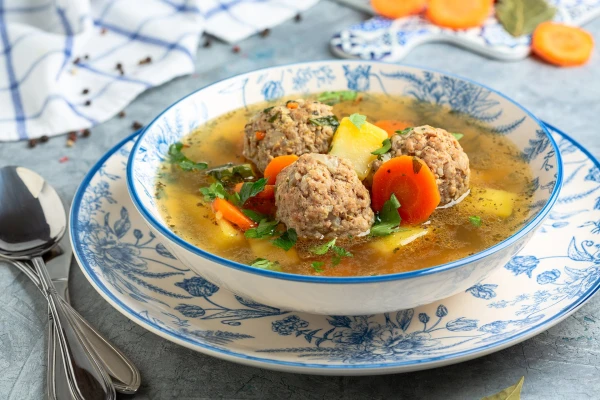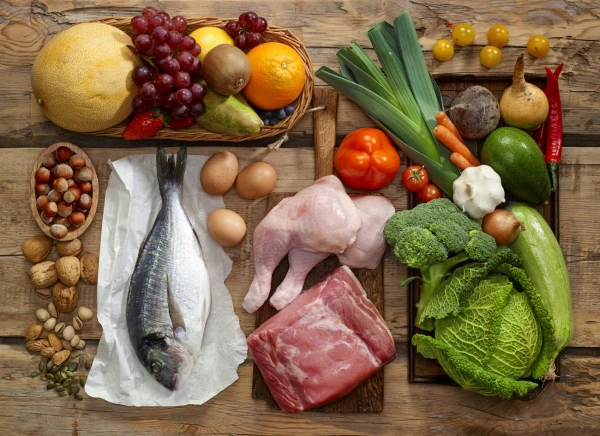
Even the most experienced hostesses sometimes make mistakes by adding spices to first courses that do not suit them at all. And while it seems that the aroma will become more intense, the result often turns out to be the opposite, with the taste of the soup or borscht becoming sharp, heavy, and bitter. Professional chefs warn: one popular spice can ruin even the perfect broth.
It is ground black pepper, which many consider to be universal. However, it is not recommended to add it to hot first courses during cooking. The reason is simple — when boiled for a long time, this spice loses its aroma and gives a bitterness and unpleasant aftertaste.
Chefs explain that the essential oils contained in black pepper are destroyed by high temperatures. Therefore, soups and borscht acquire not a pleasant spiciness, but a sharp burning note that overwhelms the taste of vegetables and meat.
When and how to properly add pepper
To keep the dish aromatic, black pepper should be added just before serving. Professional chefs also advise:
-
for broths and soups, it is better to use whole peppercorns rather than ground;
-
to add it at the beginning of cooking, but remove it after cooking to avoid bitterness;
-
2-3 peppercorns per pot is sufficient.
What can be added instead of black pepper
To add zest to the dish without bitterness, try the following alternatives:
-
bay leaf — adds aroma but does not change the taste;
-
celery and parsley root — makes the broth rich;
-
dried garlic and nutmeg — adds a delicate spiciness.
These spices pair well with vegetables, meat, and grains without overpowering their natural flavor.















Leave a comment